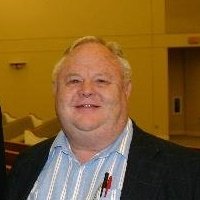Students are welcome at such schools to study historical and contemporary theology, and to relate these to auxiliary disciplines such as philosophy and literary criticism. But they are not taught to seek ways of applying Scripture for the edification of God’s people. Rather, professors encourage each student to be “up to date” with the current academic discussion and to make “original contributions” to that discussion, out of his autonomous reasoning. So when the theologian finishes his graduate work and moves to a teaching position, even if he is personally evangelical in his convictions, he often writes and teaches as he was encouraged to do in graduate school: academic comparisons and contrasts between this thinker and that, minimal interaction with Scripture itself. In my judgment, this is entirely inadequate for the needs of the church. It is one source of the doctrinal declension of evangelical churches, colleges, and seminaries in our day.
Evangelical denominations and schools need to seek new methods of training people to teach theology, educational models that will force theologian candidates to mine Scripture for edifying content. To do this, they may need to cut themselves off, in some degree, from the present-day academic establishment. And to do that, they may have to cut themselves off from the present-day accreditation system, which seeks to make theological seminaries conform more and more to the standards of the secular academic establishment.
John M. Frame, Systematic Theology: An Introduction to Christian Belief (Phillipsburg, NJ: P&R Publishing, 2013), 10–11.

